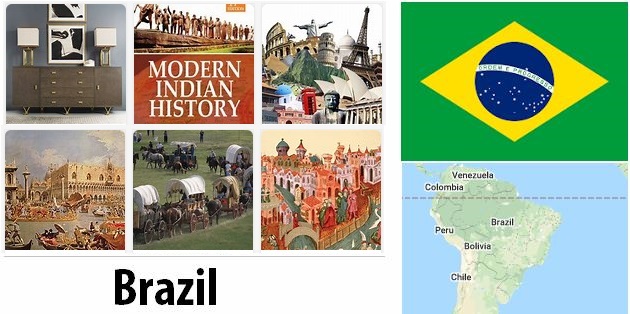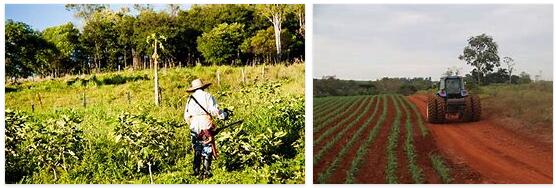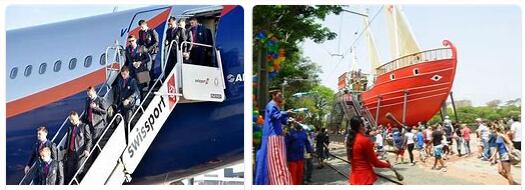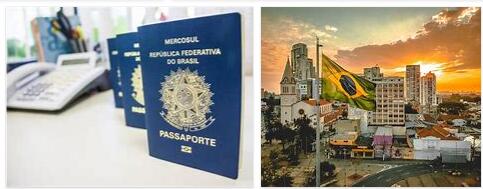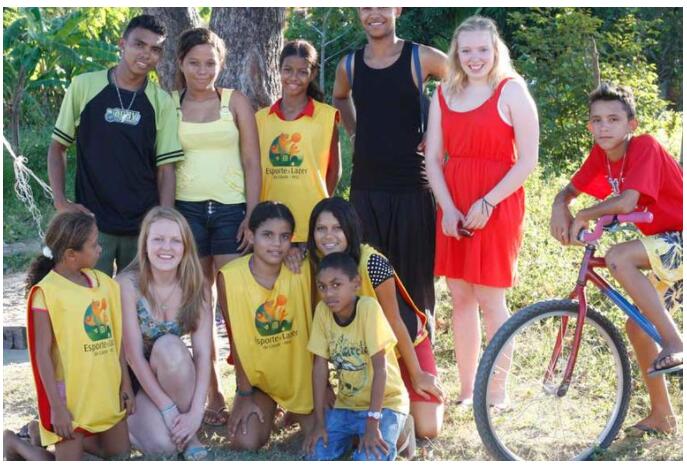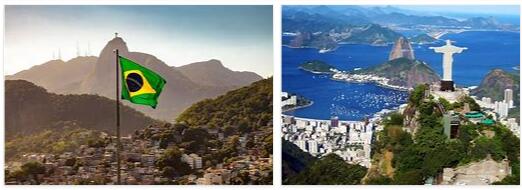Brazil Modern History
Brazil is a country located in South America. With the capital city of Brasilia, Brazil has a population of 212,559,428 based on a recent census from COUNTRYAAH. In the decades after World War II, Brazil was characterized by instability and economic problems. Strikes and riots contributed to the military taking power in a coup in… Read More »
